

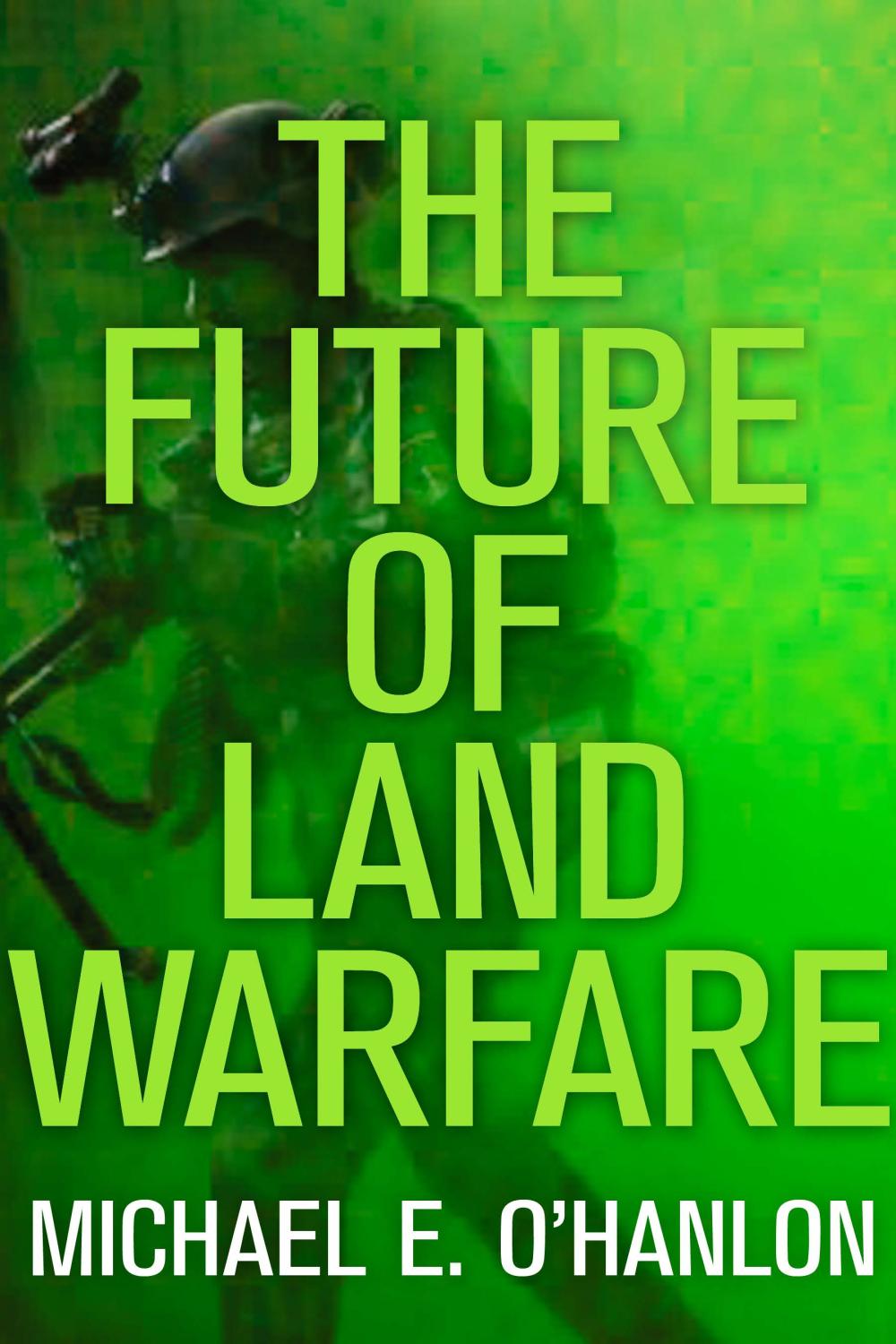
Book
What happens if we bet too heavily on unmanned systems, cyber warfare, and special operations in our defense? In today’s U.S. defense policy debates, big land wars are out. Drones,...
What happens if we bet too heavily on unmanned systems, cyber warfare, and special operations in our defense?
In today’s U.S. defense policy debates, big land wars are out. Drones, cyber weapons, special forces, and space weapons are in. Accordingly, Pentagon budget cuts have honed in on the army and ground forces: this, after the long wars in Iraq and Afghanistan, seems like an appealing idea. No one really wants American boots on the ground in bloody conflicts abroad. But it is not so easy to simply declare an end to messy land wars. A survey of the world’s trouble spots suggests that land warfare has more of a future than many now seem to believe.
In The Future of Land Warfare, Michael O’Hanlon offers an analysis of the future of the world’s ground forces: Where are future large-scale conflicts or other catastrophes most plausible? Which of these could be important enough to necessitate the option of a U.S. military response? And which of these could in turn require significant numbers of American ground forces in their resolution? O’Hanlon is not predicting or advocating big American roles in such operations—only cautioning against overconfidence that we can and will avoid them.
O’Hanlon considers a number of illustrative scenarios in which large conventional forces may be necessary: deterring Russia from even contemplating attacks against the Baltic states; deterring China from considering an unfriendly future role on the Korean peninsula; handling an asymmetric threat in the South China Sea with the construction and protection of a number of bases in the Philippines and elsewhere; handling the aftermath of a major and complex humanitarian disaster superimposed on a security crisis—perhaps in South Asia; coping with a severe Ebola outbreak not in the small states of West Africa but in Nigeria, at the same time that that country falls further into violence; addressing a further meltdown in security conditions in Central America.
Related Books

Michael E. O’Hanlon
August 15, 2017
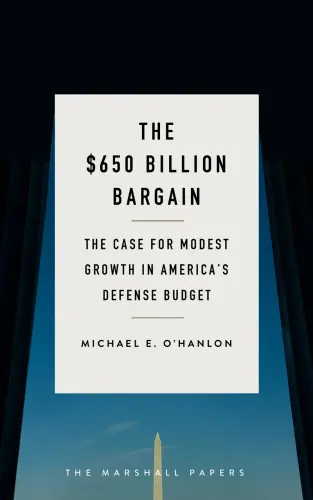
Michael E. O’Hanlon
August 23, 2016
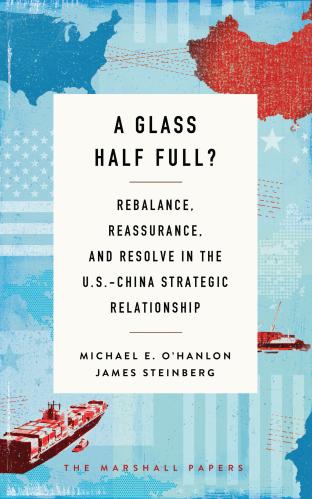
Michael E. O’Hanlon, James Steinberg
May 30, 2017
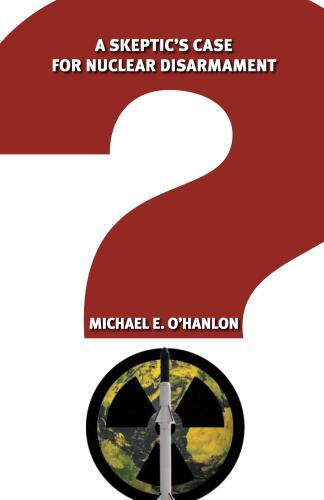
Michael E. O’Hanlon
August 1, 2013
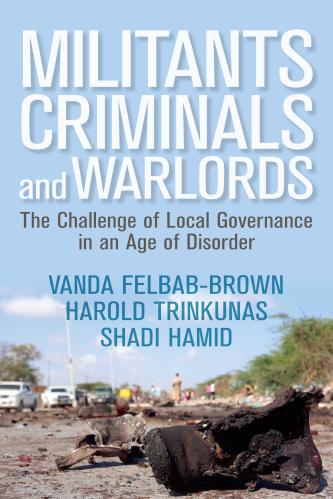
Vanda Felbab-Brown, Harold Trinkunas, Shadi Hamid
November 28, 2017
Author

Michael O'Hanlon is research director for the Foreign Policy program at Brookings, where he specializes in defense policy. He has written extensively on Northeast Asian security and has traveled frequently to the war zones of the broader Middle East on research trips over the past decade.